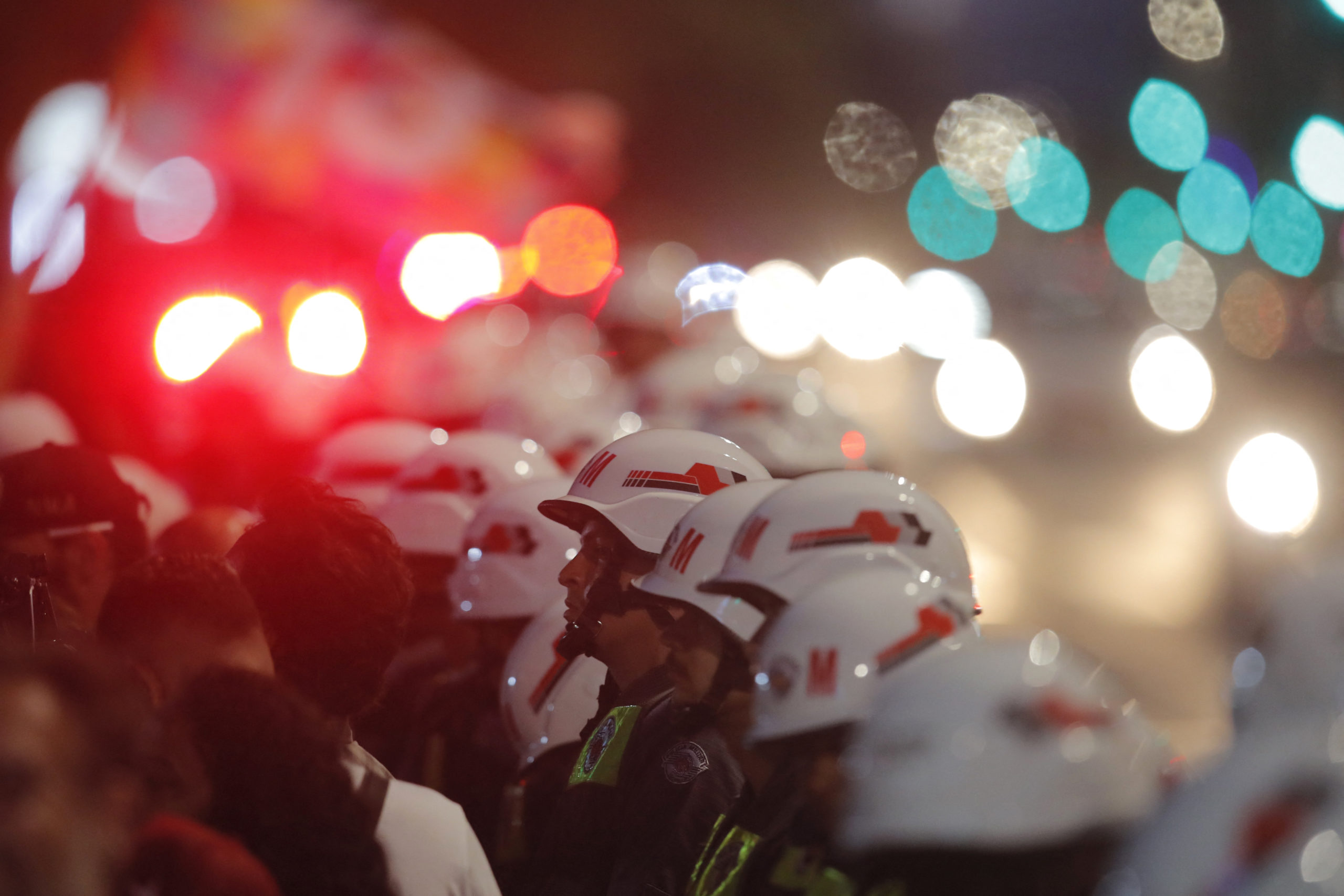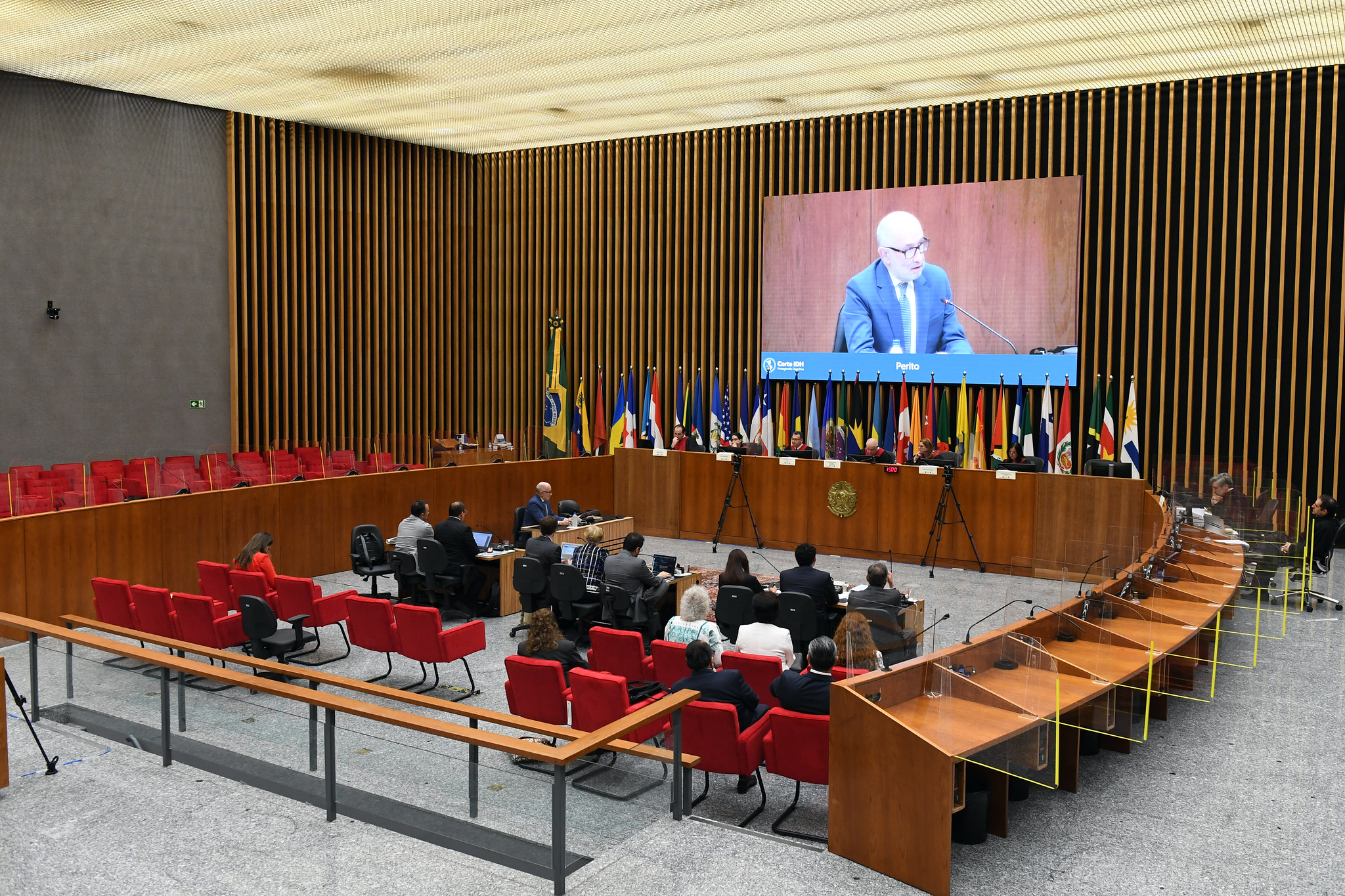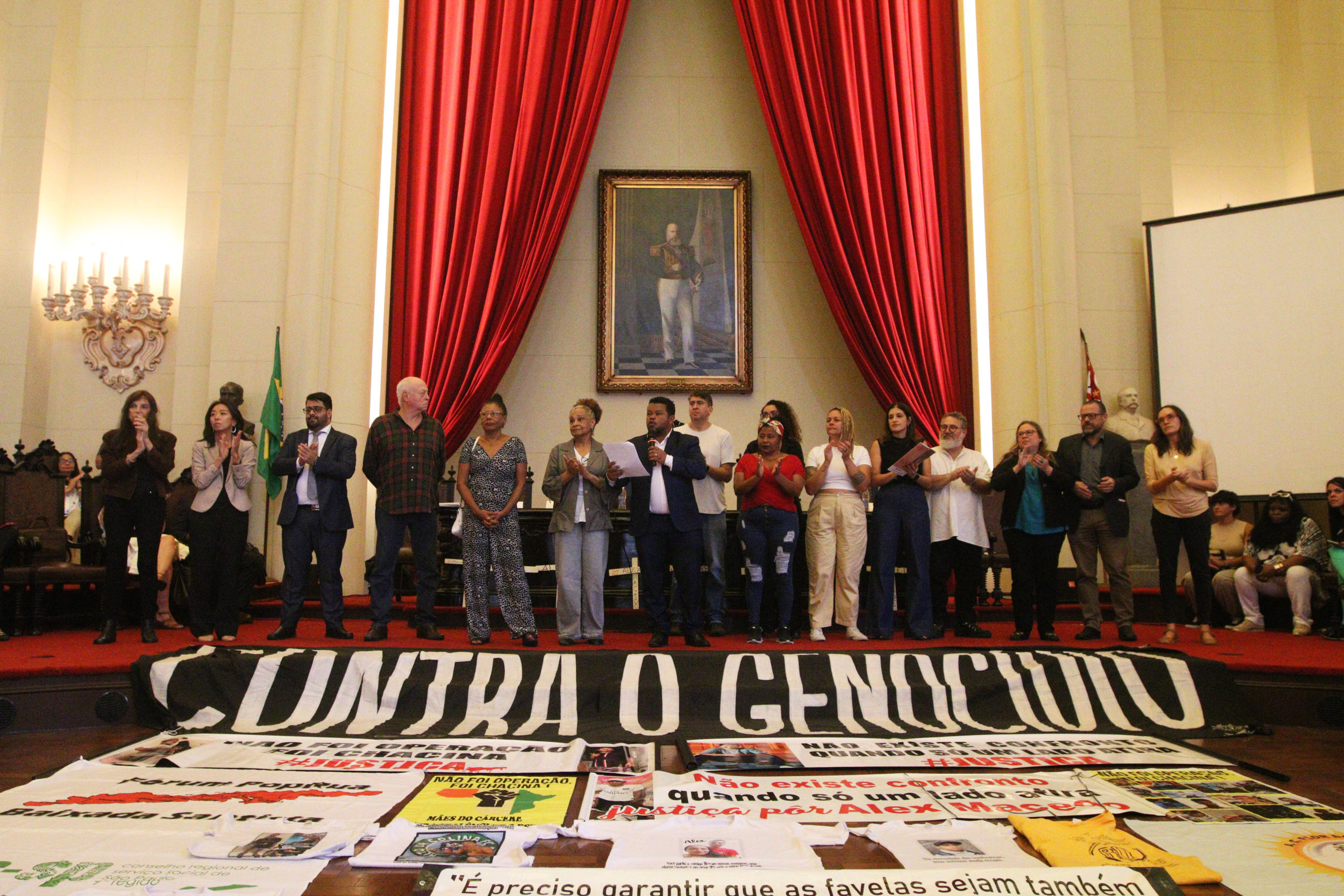Persecution of rights defenders
In the IACHR, organizations denounce high death rate among activists on the continent
 Thirty-nine civil society organizations, among them Conectas, denounced in the IACHR (Inter-American Commission on Human Rights of the OAS) this Monday, October 19, the high death rate among human rights and environmental activists throughout the American continent.
Thirty-nine civil society organizations, among them Conectas, denounced in the IACHR (Inter-American Commission on Human Rights of the OAS) this Monday, October 19, the high death rate among human rights and environmental activists throughout the American continent.
The organizations focused on cases of criminalization and aggression against rights defenders who stand up against infrastructure, extractive or hydroelectric projects.
The accusations were made based on a report submitted to the IACHR in which the organizations list a series of aggressions, threats and acts of intimidation against activists. According to the document, the violations are committed by government employees, private security guards, paramilitary militias and companies, in particular those in the extractive industry and those responsible for the construction of electrical energy infrastructure, namely hydroelectric dams.
According to Maria José Veramendi, of AIDA (Inter-American Association for Environmental Defense), human rights defenders from the region are stigmatized by smear campaigns, and they are often branded as opponents of development, terrorists and conspirators. Veramendi also stressed that the situation has worsened with the proliferation of laws that enable the criminalization of social movements and activists.
“Latin American countries are increasingly resorting to anti-terrorism laws to stifle peaceful and legitimate protests, as is the case with Brazil’s anti-terrorism law that the government is attempting to pass through Congress,” explained Caio Borges, a business and human rights lawyer from Conectas.
According to research by the NGO Global Witness, 760 activists were killed on the continent between 2002 and 2014. Most were related to conflicts over land ownership. Brazil leads the ranking, with nearly 448 murders, or almost two thirds of the total. In the first half of 2015 alone, 23 activists were murdered in the country.
“Crimes committed against rights defenders almost always go unpunished in Brazil,” said Danilo Chammas, a lawyer from the organization Justiça nos Trilhos, during the hearing.
Chammas drew attention to the Grande Carajás project, the world’s largest open-pit iron ore mine being developed in the Amazon rainforest by the Brazilian mining giant Vale, which has affected more than a hundred local communities. The railroad linking the mine in the state Pará to the Ponta da Madeira port in the state of Maranhão is responsible for deforestation, migrations, land conflicts, pollution, violence, urban disorganization and the decimation of the cultures and lives of indigenous peoples on account of the intense exodus in search of work and opportunities.
The lawyer also emphasized the cases of intimidation and threats against human rights activists who denounce similar violations resulting from the Suape Port and Industrial Complex in the state of Pernambuco. According to Chammas, 15,000 families have already been driven out and those that remain are frequently assaulted by the company responsible for security. One lawyer for the local families, Mrs. Conceição, has been subjected to serious acts of intimidation, such as the video recording of her house by people driving vehicles of the company that handles the security for the complex. The civil society organizations also presented other cases in Mexico and Colombia.
Click here to read the report submitted by the organizations to the IACHR.
Watch the full hearing in the IACHR:


